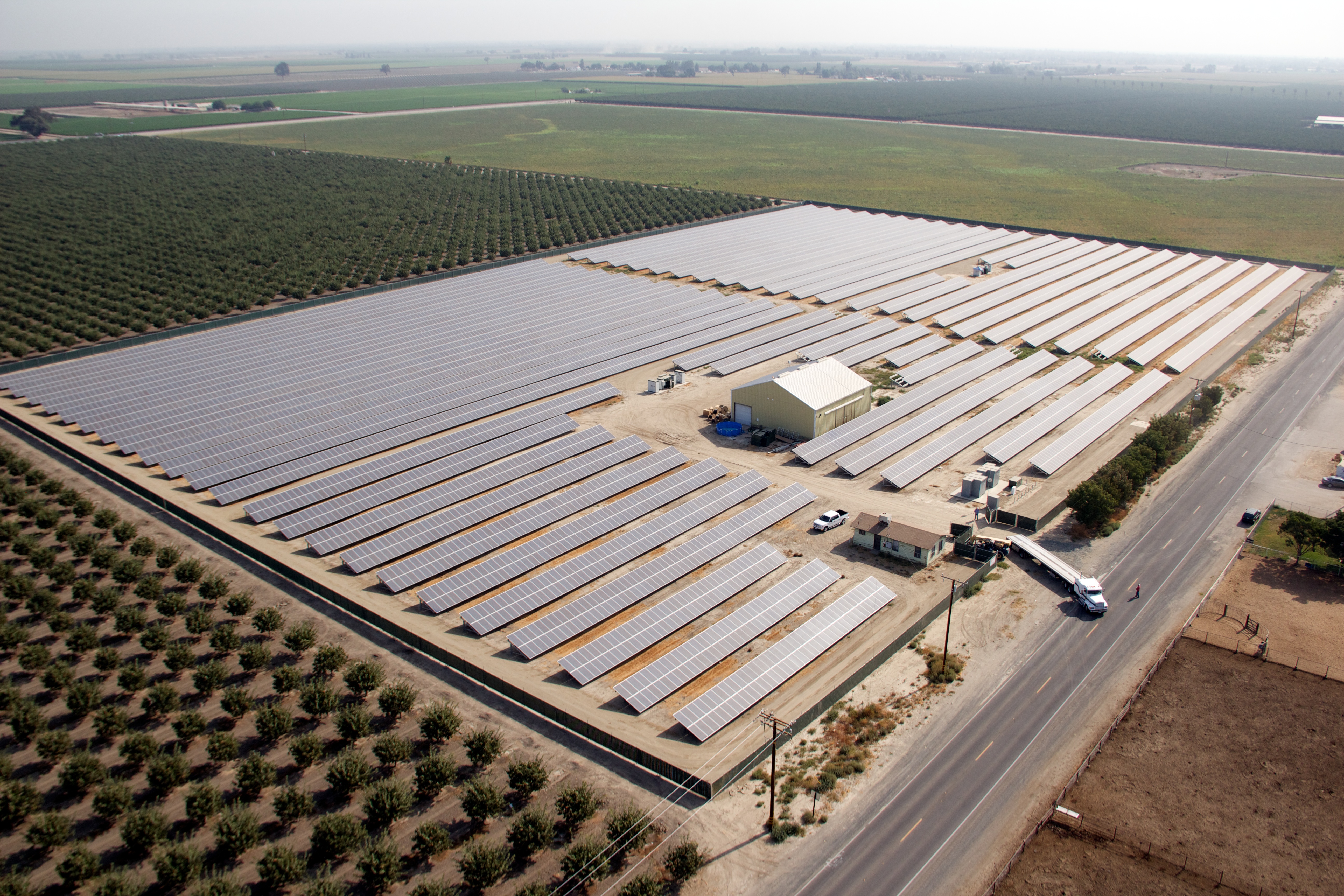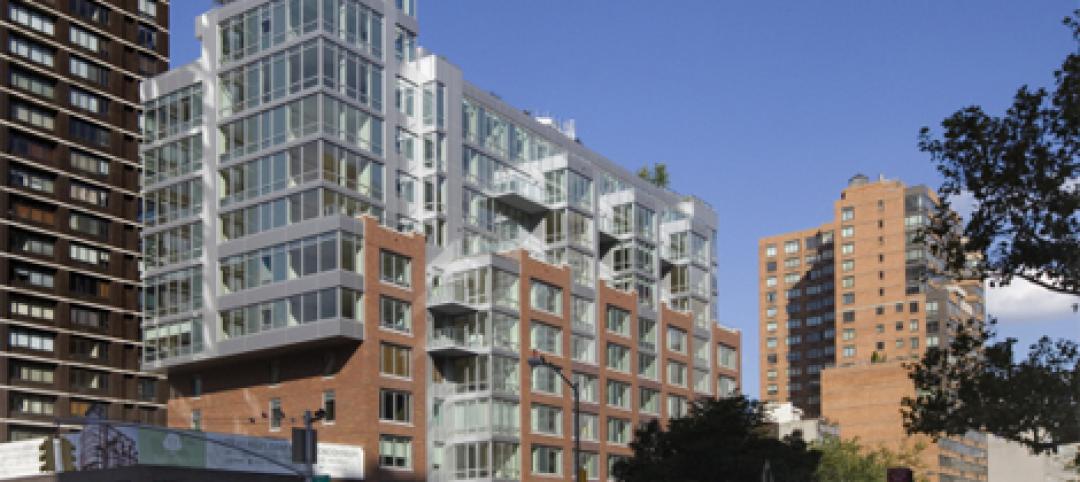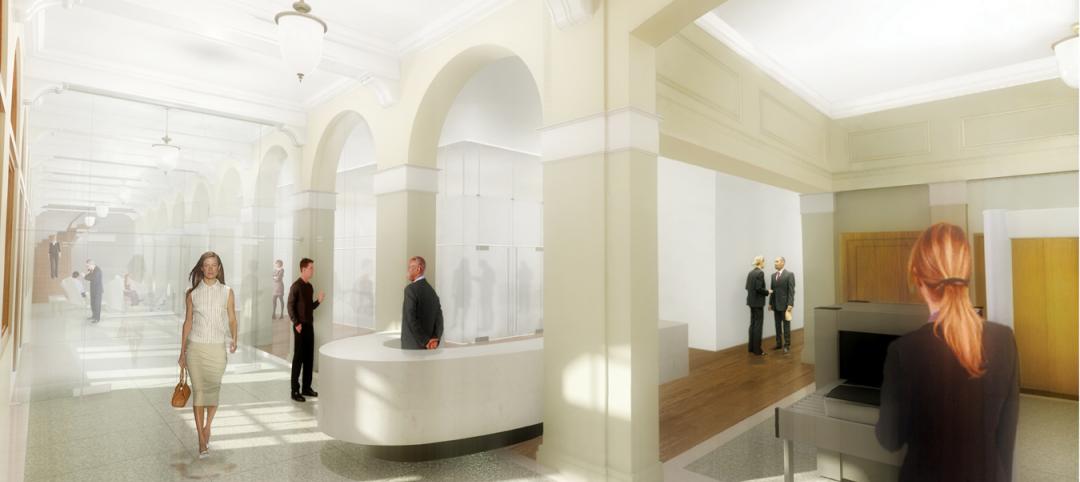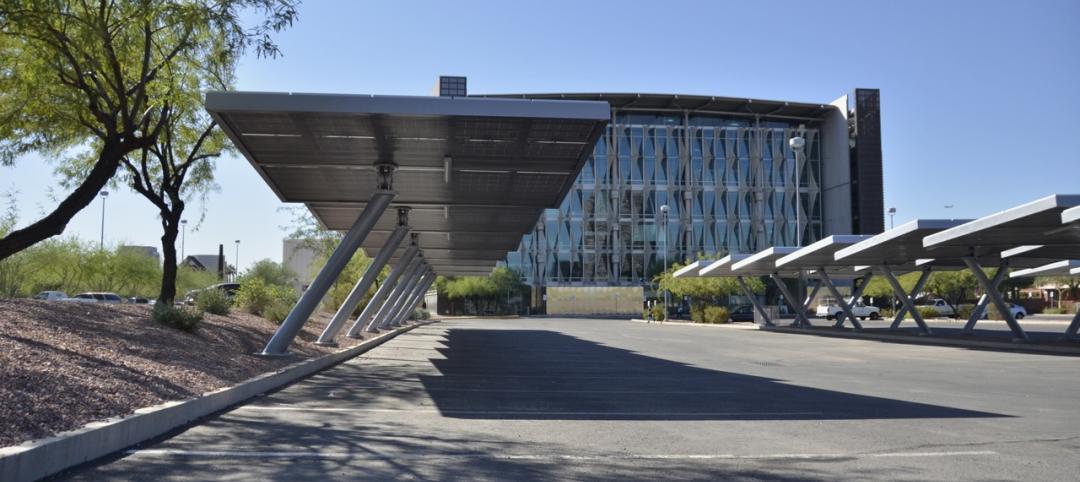As a society, we’re more aware than ever of the difference we can make purchasing smart, sustainable products and the role we can play shifting to cleaner, greener solutions like renewable energy. As we strive to make our own decisions with environmental responsibility in mind, we expect the companies we know and love to do the same.
Universities, shopping centers, sports arenas, charitable foundations, utilities, and beyond are working with Panasonic to develop bold solar solutions. Why? For many, installing solar is the go-to option for meeting sustainability goals, enhancing reputation in social responsibility, and reducing operating costs.
In fact, the Solar Energy Industries Association recently reported that between 2010 and 2014, residential, non-residential, and utility PV market segments grew significantly year over year. At present, there are more than 15,900 MW of cumulative solar electric capacity operating in the U.S. That’s a dramatic amount of renewable sun power and a monumental step forward on the path to cleaner, greener energy.
Sustainability Savings
Last spring, Panasonic completed a 16.2 megawatt portfolio of California Renewable Energy Small Tariff (CREST) projects. Spanning four locations in Central Valley, the systems pack a lot of power and are prime examples of the real-life benefits of going solar. Over the life of the combined systems, more than 580,000 tons of carbon dioxide will be eliminated. Here’s a peak at what that looks like in…
Waste. Unfortunately, waste is an everyday reality, but what we do with it can make a world of difference. Recycling programs across the nation have helped our communities become more sustainable. While these programs play a crucial part in the “greening” of our society, to reach the level of CO2 eliminated by the Central Valley portfolio it would take recycling 1,836,513 tons of waste.
Trees. Trees purify our air, absorbing CO2 through the process of photosynthesis. The amount of CO2 eliminated by the Central Valley solar systems rival the work of more than 13,541,378 trees. That’s a lot of green.
Households. Unfortunately, the safe haven where we rest our feet and sit down to an evening meal is actually a leading producer of CO2 due to its high consumption of electricity. To reach the level of emissions reduced by Panasonic’s solar installations, you’d have to displace CO2 from the annual electric use of 65,893 homes.
Gasoline. We all know that cars are a leading producer of CO2. Day in and day out, we pay a pretty penny at the pump, but so does our planet. How much CO2 could be eliminated if we were to avoid using 59,279,850 gallons of gasoline? You guessed it, right around 580,000 tons.
Producing both economic and environmental benefits, the savings generated by solar are clear. From stadiums to retail facilities, universities to airports, professionals managing all types of buildings are partnering with Panasonic to develop comprehensive solar solutions. Working together, installing solar becomes more efficient and cost-effective than ever before.
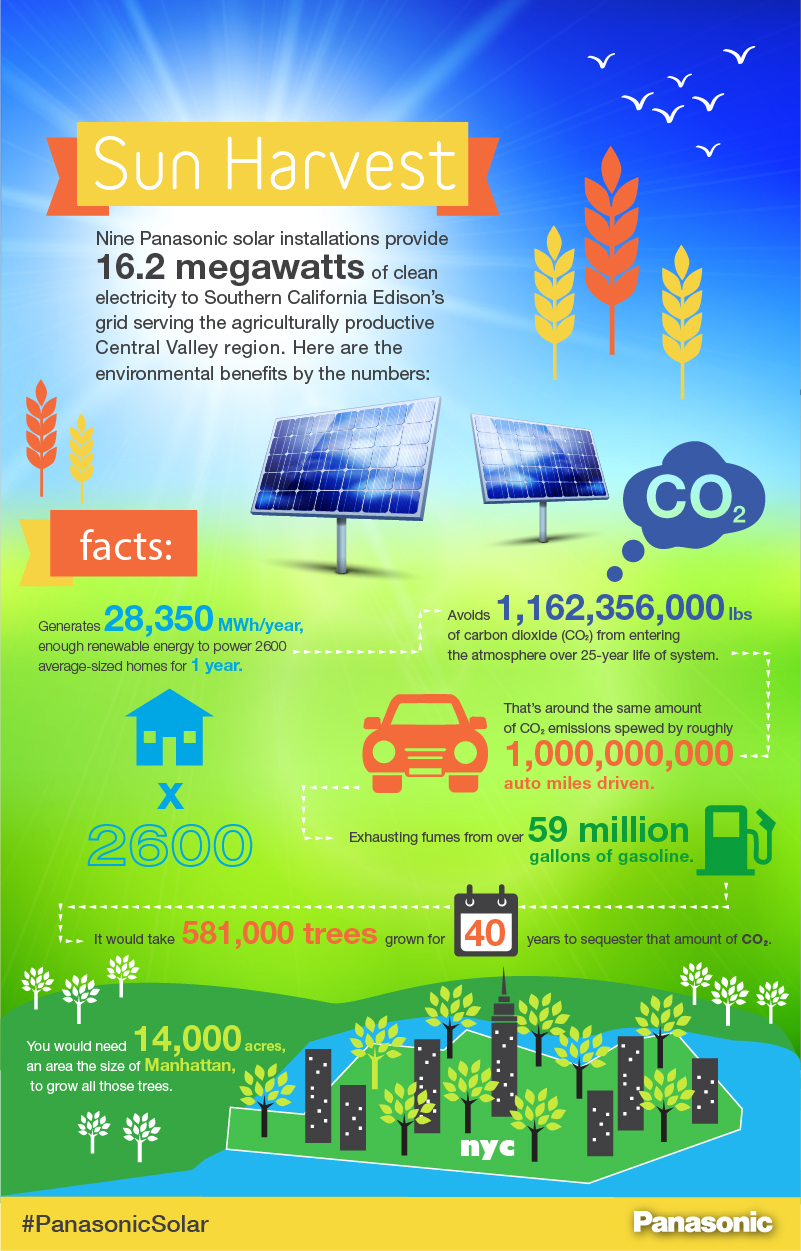
Related Stories
| Nov 15, 2011
Miller joins Perkins Eastman as regional manager, Middle East and Northern Africa
Miller joins Perkins Eastman with more than 48 years of experience in architecture, design management, and construction administration for planning and infrastructure.
| Nov 14, 2011
Summit Design+Build selected at GC for new Office Concepts headquarters
The new headquarters will include 17,000 sf of office space and 15,000 sf of warehouse and feature 24 ft ceilings, an open floor plan, two conference rooms and one training room and will feature sustainable finishes throughout.
| Nov 14, 2011
Griffin Electric completes electrical work at Cary Arts Center
The Griffin Electric team was responsible for replacing the previous electrical service on-site with a 1000A, 480/277V service and providing electrical feeds for a new fire pump chiller, six air-handlers and two elevators.
| Nov 14, 2011
303 East 33rd Street building achieves LEED-NC
The 165,000 sf 12-story residential building is the first green development to be LEED certified in the Murray Hill neighborhood of Manhattan.
| Nov 14, 2011
VanSumeren appointed to Traco general manager
VanSumeren will draw on his more than 20 years of experience in manufacturing management and engineering to deliver operational and service excellence and drive profitable growth for Traco.
| Nov 11, 2011
By the Numbers
What do ‘46.9,’ ‘886.2,’ and ‘171,271’ mean to you? Check here for the answer.
| Nov 11, 2011
AIA: Engineered Brick + Masonry for Commercial Buildings
Earn 1.0 AIA/CES learning units by studying this article and successfully completing the online exam.
| Nov 11, 2011
How Your Firm Can Win Federal + Military Projects
The civilian and military branches of the federal government are looking for innovative, smart-thinking AEC firms to design and construct their capital projects. Our sources give you the inside story.
| Nov 10, 2011
Grousbeck Center for Students & Technology opens doors
New Perkins School for the Blind Building is dedicated to innovation, interaction, and independence for students.


